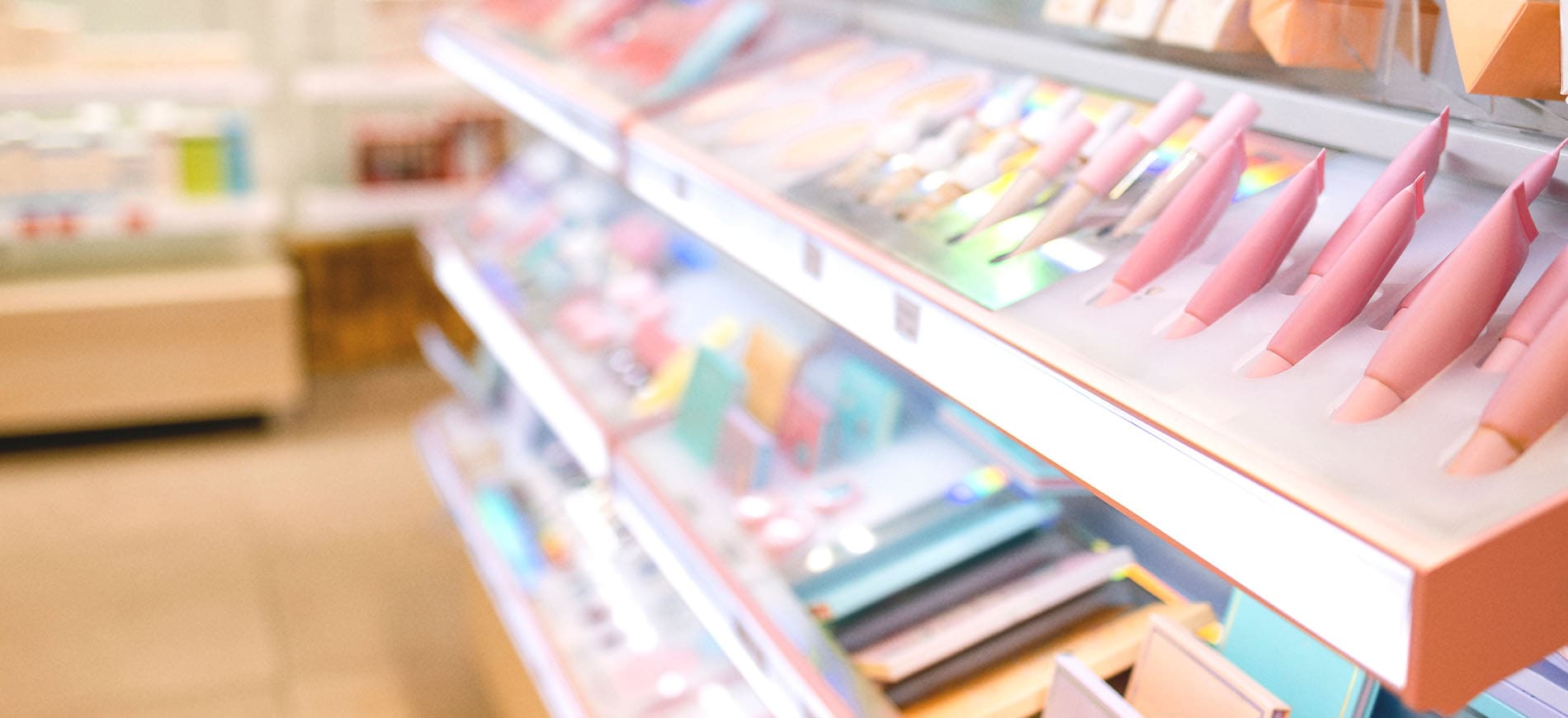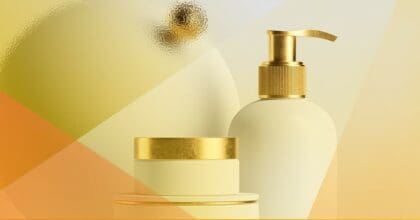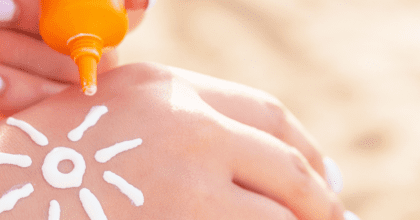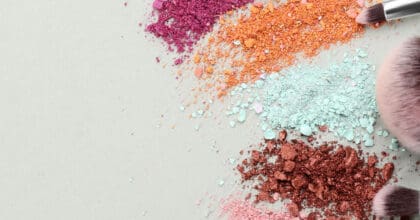-
Articles + –
Technology is shaping how beauty brands connect with consumers
The majority of adults who follow beauty influencers want to see more realistic and relatable influencers. Consumers want to see more of their “real life” represented online, as opposed to the hyper curated and filtered photos that are often seen in the beauty space. Beauty brands that are inclusive and demonstrate their personality in an authentic way via social media will be able to forge more meaningful connections with their followers and foster a sense of community.
While beauty marketing on social media gets “real”, the partnering of beauty and video games stands out to consumers as an opportunity for escapism. Empower consumers to tap into their creative side and play with beauty products virtually, which may translate to real-life experimentation.
Authenticity is more than a buzzword in beauty
Social media users often depict an idealized version of their life online, carefully cherry-picking photos and editing their thoughts before sharing with the world. The tendency to only share a curated version of one’s life on social media has spurred comparison-culture, creating unrealistic expectations and harming self-esteem. However, with the COVID-19 pandemic limiting in-person interactions, the urge to create authentic relationships online is seeing consumers let down their digital walls, and show a more “real” version of themselves.
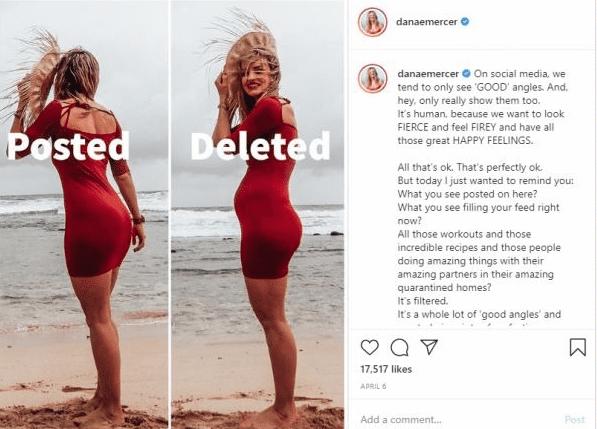
Balance self-love and entertainment with technology
Technological advances and physical challenges when it comes to events/photoshoots have left many to speculate if Artificial Intelligence (AI)/CGI influencers will be the future of beauty influencer marketing. In fact, Lil Miquela, a well-known AI influencer has already partnered with several beauty brands. While impossible to fully predict, Mintel research on beauty influencers suggests that adults who follow beauty influencers want to see more realistic and relatable portrayals of beauty, challenging the notion that robots or artificial influencers will replace people when it comes to marketing beauty products. In fact, continued backlash when it comes to editing pictures and the rise of self-love influencers suggests consumers may even turn their backs on brands that perpetuate unrealistic beauty standards by partnering with AI influencers. A quarter of adults who follow beauty influencers want to see less artificial intelligence beauty influencers.
Yet, technology does not move backward. Beauty brands must find ways to use the latest technology and pivot online while maintaining a humanistic and relatable approach in order to appeal to both early tech adopters and to the larger beauty audience. “Digital Entertainment”, one of the pillars of the Mintel Trend Driver, ‘Technology’ explores how some consumers are using digital technologies during leisure activities. To engage consumers virtually outside of social media, several beauty brands have ventured into the gaming space. For example, brands such as Tatcha and Givenchy Beauty have partnered with Animal Crossing, a popular video game on Nintendo Switch. The fusion of video games and beauty offer opportunities for gamers to explore their creative side, and evokes the narrative that beauty is not only fun but also a form of self-expression. Therefore, when beauty brands partner with video games, the objective is less about being “realistic”, and more about escapism and artistry.
Technology will continue to impact the beauty space in multiple ways. When it comes to social media, beauty brands that offer relatable, “inherently human” content will be well-received by consumers and foster more meaningful connections. On the other hand, beauty brands that partner with video games will appeal to consumers by tapping into their creative side, allowing them to digitally express their personalities, without the unwanted side-effects of comparison-culture.

Clare is a Senior Beauty Analyst at Mintel, identifying key trends and developing insights impacting the beauty landscape.
-
Mintel StoreGet smart fast with our exclusive market research reports, delivering the latest data, innovation, trends and strategic recommendations....View reports
-
Mintel LeapMintel Leap is a revolutionary new AI-powered platform that will transform your research process....Book a demo

















